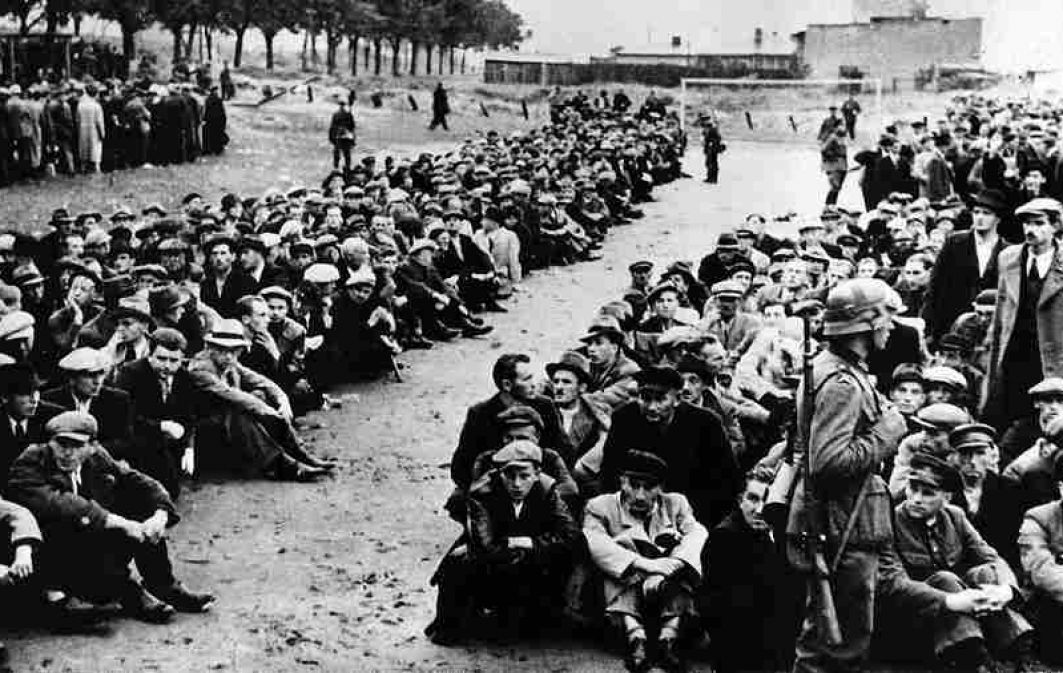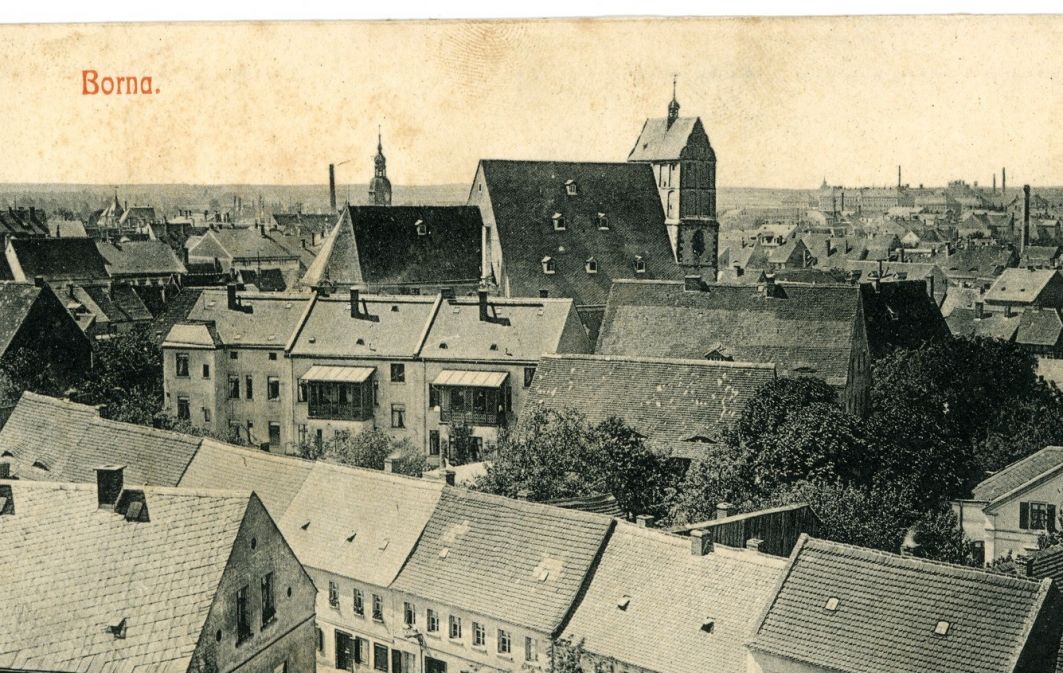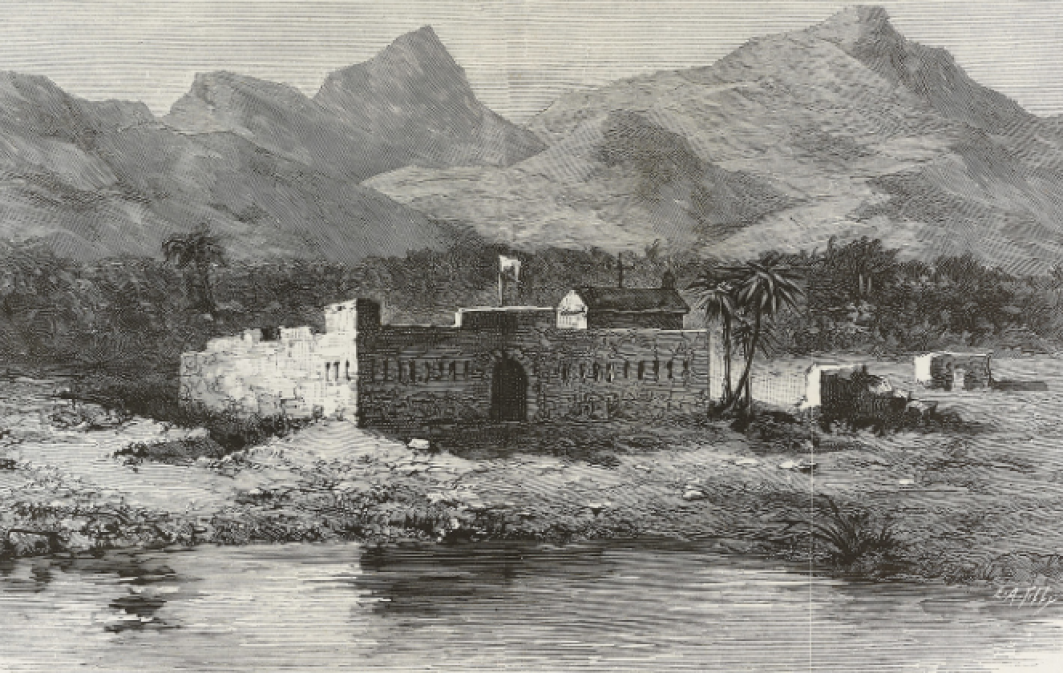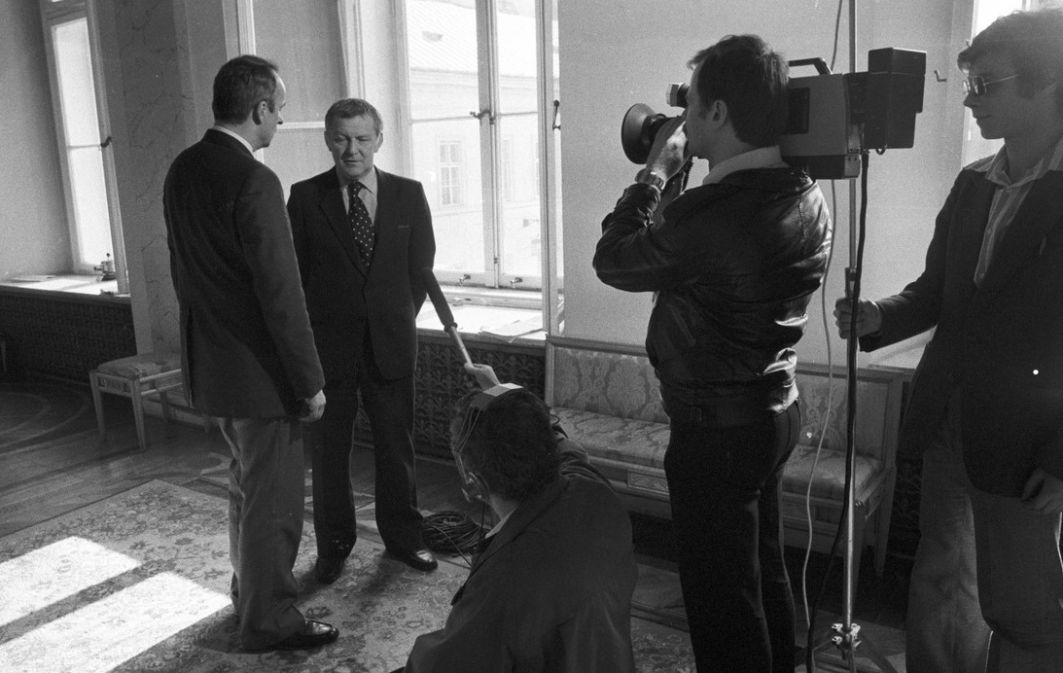A completely unexpected ally helped the colonialist Left overcome this impasse. The Catholic Church, fought by it bloodily and less severely for almost a century, saw expansion as an excellent opportunity for evangelisation. Republican gunboats were to transport cohorts of missionaries around the world carrying not the ideas of the Enlightenment but the light of the Gospel.
The Archbishop of Carthage and Primate of Africa, Cardinal Charles Lavigerie, played the leading role there. He and his close friend, one of the leftist aces, Adolphe Crémieux, had been cooperating in Algeria since the fall of Napoleon III in 1871, each in their own interests. Thanks to his personal prestige and persistent work – both at the grassroots and behind the scenes - the cardinal managed to slowly turn the sympathies of French Catholics away from legitimism and persuade them to accept the Republic. The phrase, known as "ralliement", sealed with the "Algerian toast" in 1890, would be approved two years later by Pope Leo XIII with the encyclical “Au milieu des sollicitudes”.
 SIGN UP TO OUR PAGE
SIGN UP TO OUR PAGE 
This way, in the 1890s, the "French Colonial Union" was created, a common front of financiers, the ideological Left, the conservative and National Right, and the Catholics. The exotic alliance of trowel, moneybag and aspergillum rolled up its sleeves, and between 1880 and 1895, the size of French possessions increased from 1 to 9.5 million square kilometres. "Le temps béni des colonies" ("the happy colonial period") had begun, as Michel Sardou sang joyfully in his famous song.
After pacifying the conquered territories dealing with slave traders and tribal wars, finally it was time to start taking credit for the whole work, enjoying the fruits of the success. However, it quickly turned out that colonies were not the promised land flowing with milk and honey but an economic no-man's land. The mysterious interior of the Dark Continent did not hide any Eldorado. The Belgians were lucky to find rubber in Congo, and the English got access to goldmines and diamonds in southern Africa, which was taken from the Boers, but the French colonies produced practically nothing that would have any measurable value on the world markets. Wealth had to be created first.
France therefore began to invest heavily in its colonies. The policy of draining swamps, clearing forests, and irrigating fields began. Plantations of cocoa, coffee, sugar cane, etc. were introduced, very often imposing a kind of geographical specialisation: wine in Algeria, cotton in Niger and Upper Volta, citrus fruit in Côte d'Ivoire, nuts in Senegal, etc.
For all this to make any sense, infrastructure had to be created from scratch; roads, ports and railways had to be built. At the time of decolonisation, less than three generations later, France left to Africa around 50,000 kilometres of asphalt roads, 215 thousand kilometres of paved roads, 18 thousand kilometres of railway lines, 63 seaports and 196 airports, etc.
In addition to infrastructures, African natives also benefited in other ways. Their new rulers began their reign by eradicating slavery and fighting bloody wars with Arab-Muslim hunters, the nightmare of Africa for 1,200 years. They also radically ended bloody tribal conflicts lasting there for several decades. The resulting pacification is the longest period of peace in African history.
To complete the picture, we should also add medical discoveries, reducing infant mortality and eradicating tropical diseases such as malaria, often at the cost of doctors' lives (in the first phase of colonisation, the average life expectancy of a European in Africa was three years). The French balance also includes 2,000 modern clinics, 600 maternity hospitals, and 220 hospitals where treatment and medicines were free of charge. At the same time, there was no hospital in some large French cities until the 1960s.
Marxist stories about evil white Frenchmen making slaves of Roussoist good savages can be classified as Manichaean fairy tales, especially since the human and spiritual balance is also important apart from the material aspects. The Left brought democracy and human rights to Africa as intended. The Church brought grace and faith.
In 1960, 3.8 million children in African colonies went to school. There were 16,000 primary and 350 secondary schools in the Sub-Saharan African countries alone. Only in the 1946-1956 decade, when decolonisation was already underway, France spent a colossal sum of 1,400 billion on education in Africa, the equivalent of 34 billion euros today. In 1960, 28,000 French teachers worked there, i.e. one-eighth of the Ministry of National Education staff.
Guinean Cardinal Robert Sarah [the most eminent contemporary African Catholic theologian - ed.] introduces today's Left into cognitive dissonance by claiming that he can "appreciate the best fruits of Western colonisation; the cultural, moral and religious values that the French brought to my country were vibrant and emancipating .”
French colonisation can be described in one word: paternalism. Apart from the phase of conquest and pacification, there were no emblematic atrocities like those cruel acts blaming the Belgians in Congo or the Germans in Namibia. Decolonisation was more bloody, with tens of thousands of victims during the Cameroonian War and the revolt in Madagascar.
The French of the Metropolis had a good and somewhat idealised image of the African natives, which was induced by the presence - more symbolically than in reality - of colonial troops during World War I. This would change only in the early 1960s when a bloody Algerian fellagha planting bombs - and then a black immigrant taking jobs - will replace in the collective imagination the smiling Senegalese shooter from the label on the Banania cocoa can.
So why did colonisation fail, and why was it abandoned 60 years after it began? Because it lost all its allies one by one, and all its members began to desert the "colonial party" on the trot, one after the other.
A typical rat escaping from the African Titanic is the ideological Left. In the inter-war period, there was a radical change in the views of the leftists when they moved towards anti-colonial positions. More and more intellectuals began to conclude that the universalist principles of equality and fraternity are incompatible with the practice of dominating peoples and nations against their will.
The 1930s also saw the beginning of the asphyxiating effect of communism and the great influence of Soviet agents. In contrast, the Soviet Union began to see in the peoples of the Third World a revolutionary potential capable of destroying the bourgeois West. A similar thought pattern occurs on the contemporary "decolonial" Left, gathered around Jean-Luc Mélenchon’s group, which wants to extend the process of territorial withdrawal from former colonies by decolonising the pockets of the French taxpayer.
Even earlier, the capitalists withdrew from the company. It quickly turned out that colonies were a bad business, a ball and chain and a rather useless burden. After all, the speculators, who knew how to count and were focused on quick profits, did not want to bear such a financial burden alone because it was not profitable. In 1914, private investment in African colonies was smaller than in the Iberian Peninsula and comparable to the capital expenditure in the Ottoman Empire. In such a situation, the French state had to bear the burden. The development of the colony after World War I began to be financed entirely from taxes and loans taken out by the authorities, all at the expense of the Metropolis.
The fact that France became prosperous due to colonisation is another popular myth. A few French people became rich, but it was a simultaneous process of profits privatising with the socialisation of the costs.
The colonies did not provide the Metropolis with anything valuable because they had nothing important to offer. First, it had to be sown and planted, which inevitably brought costs. Colonies did not produce anything
that couldn't be bought cheaper on any world markets, until the end of the European presence there. Phosphates from Morocco were an exception, and oil and metals were discovered too late. Goods such as wine, oil, fruit, cotton, etc., were on average 20% more expensive to produce and therefore completely uncompetitive. It quickly turned out that the colonies could not sell on the international markets, so their only customer was France. Buying products at a cost around 20-25% higher than global prices - while subsidising production at earlier supply chain stages - was a double loss. The Metropolis invested billions in goods that could have been bought cheaper elsewhere.
Economists and historians such as Jacques Marseille and Daniel Lefeuvre quote several examples. Peanuts, citrus fruits and bananas were 15 to 20% more expensive than world prices. Cocoa from Côte d'Ivoire paid 220 francs per 100 kilograms, while the world price was 180 francs. In fact, even in metropolitan France, farmers produced cheaper than in the colonies. In 1930, a quintal of native wheat from the Brie or Beauce fields cost 93 francs, while the price offered by Algeria ranged from 120 to 140 francs, i.e. 30% to 50% more.
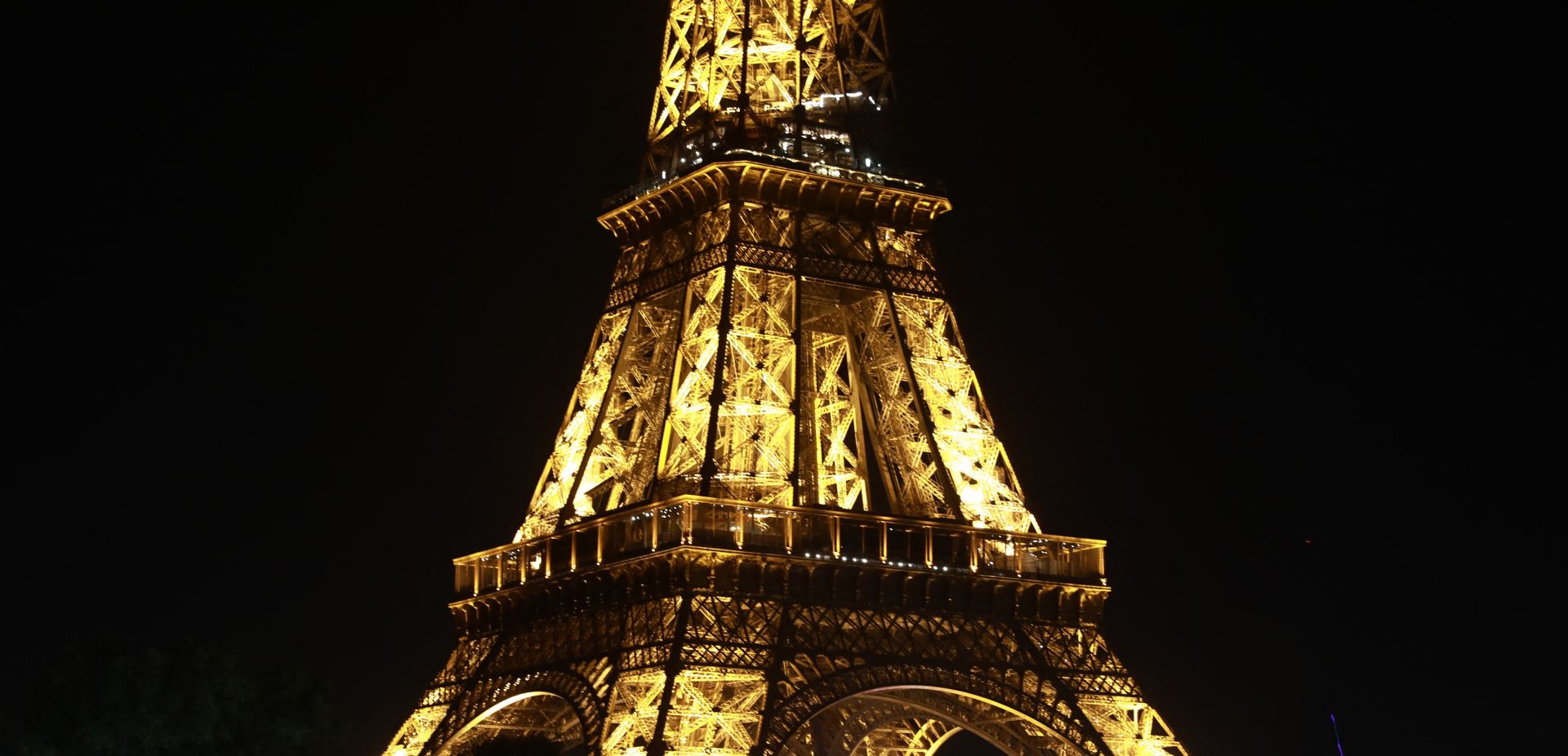
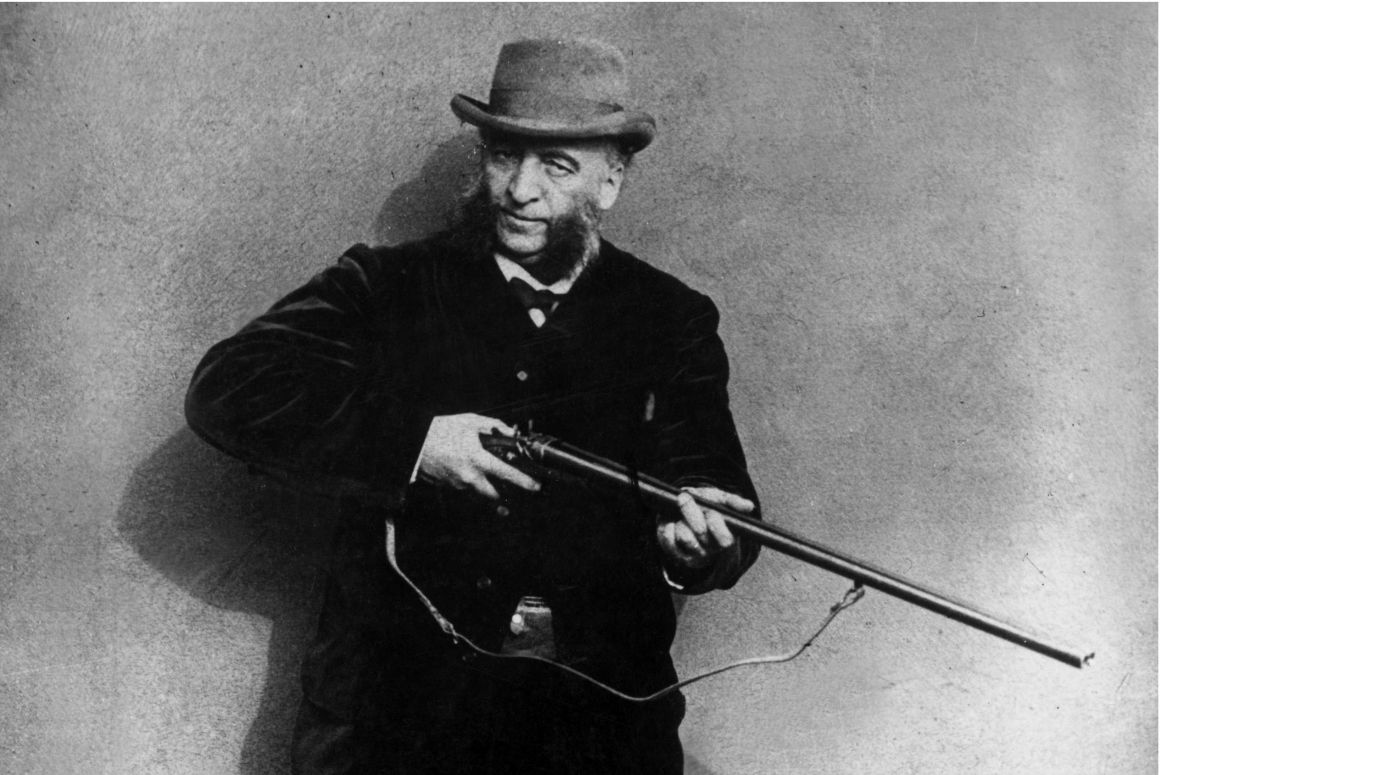
 SIGN UP TO OUR PAGE
SIGN UP TO OUR PAGE 
